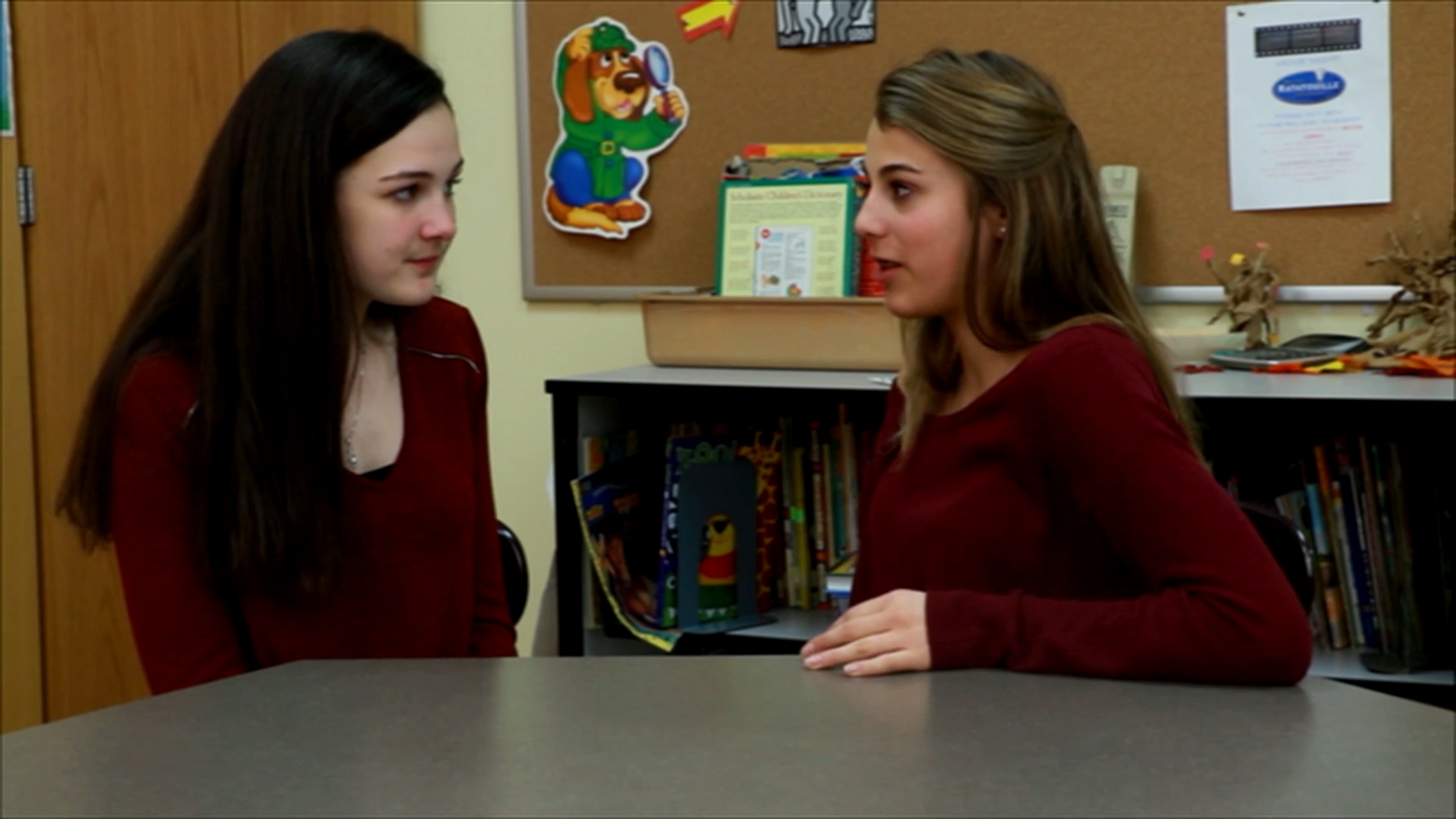
Introduction
Engaging in meaningful conversations is an essential life skill that helps children develop strong social connections. One key aspect of this skill is showing interest in the conversation. By teaching PreK students to use an excited tone of voice, continue the conversation, and use body language, they can effectively express their interest in the topic and create positive interactions with others.
No-Prep Activity: Musical Conversation
This activity will help PreK students practice showing interest in conversations by using different tones of voice and body language. The best part is that it requires no preparation or materials from the educator!
- Ask the students to sit in a circle.
- Explain that you will be playing a game called “Musical Conversation,” where students will practice showing interest in a conversation by using their tone of voice and body language.
- Choose a student to start the conversation by asking a question about their favorite music or band, just like the example provided.
- The next student in the circle will answer the question, using an excited tone of voice and body language to show their interest in the topic. Encourage them to move closer, talk louder and faster, and use their hands while speaking.
- Continue the conversation around the circle, with each student asking a question and the next student responding with enthusiasm and interest.
- After a few rounds, gather the students and discuss what they observed about the different tones of voice and body language used in the activity.
Discussion Questions
- How did it feel to use an excited tone of voice and body language to show interest in the conversation?
- What differences did you notice in the way people spoke and moved when they were showing interest?
- How does it feel when someone shows genuine interest in what you’re saying?
- Why is it important to show interest in a conversation?
- Can you think of other ways to show interest in a conversation?
Related Skills
In addition to showing interest in conversations, there are other relevant skills that can help PreK students develop strong social connections. These include:
- Active listening
- Taking turns in a conversation
- Asking open-ended questions
- Expressing empathy
- Reading nonverbal cues
Next Steps
Teaching PreK students to show interest in conversations is just one aspect of fostering strong social-emotional skills. To access more resources and activities for teaching social-emotional learning, sign up for free samples of Everyday Speech materials. These resources can help you incorporate effective techniques and strategies to support your students’ social-emotional growth.

